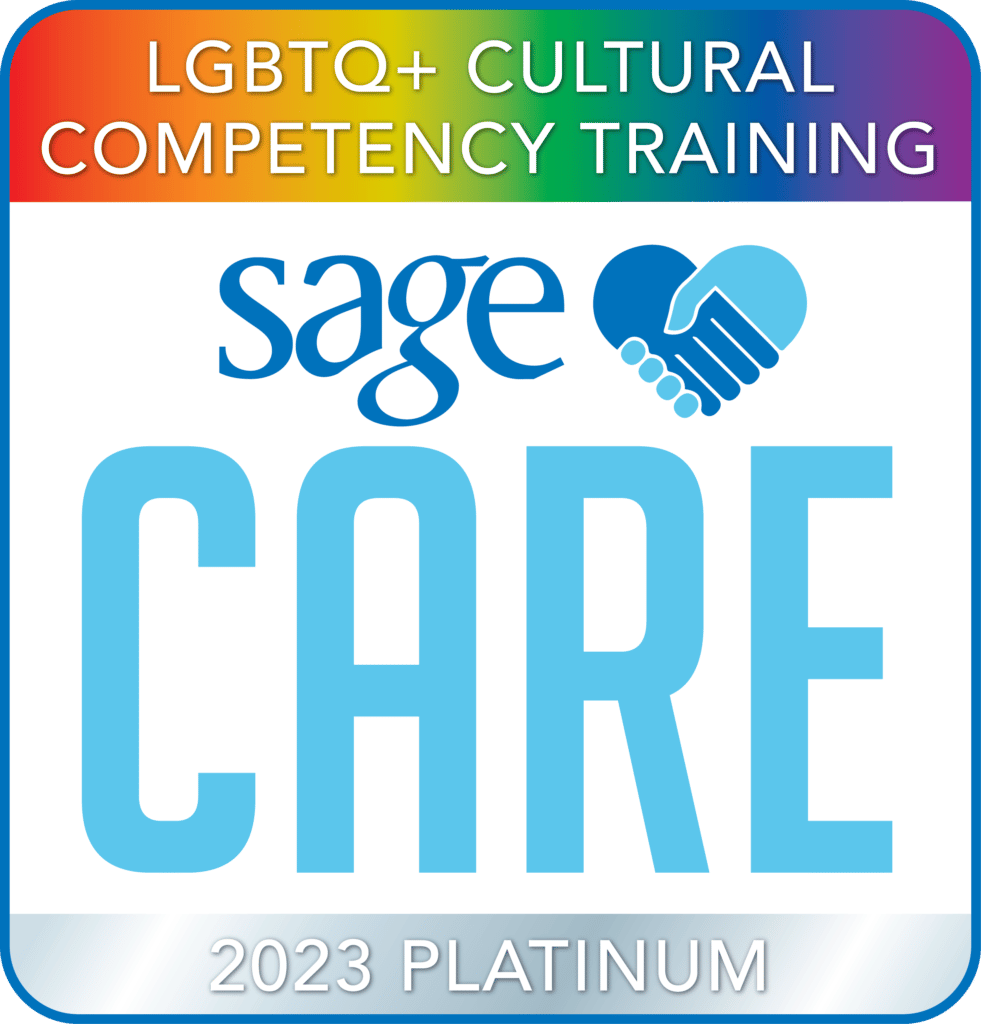How Can I Cover In-Home Care Costs?

When deciding on in-home care for mom or dad, trying to calculate all the costs involved can easily become overwhelming. United Methodist Communities HomeWorks is here to help families understand their options when it comes to affording in-home care for their loved ones. When you’re paying for in-home care, it’s important to understand what exactly this monthly cost covers. This will be different for every agency and depends on the care your parent needs, so be sure to go through the cost breakdown in detail. Let’s take a look at the available options in New Jersey.
Understanding in-home care costs in New Jersey
According to Genworth’s most recent Cost of Care Survey, in-home care in the state of New Jersey costs an average of $26 an hour or $4,957 per month. In comparison, staying in an assisted living community costs an average of $6,650 per month, so in-home care still offers a competitive, financially viable option for seniors and their families.
At HomeWorks, our rates are determined by the kind of care your loved one needs, the hours you’ll require a home health aide, and the length of time that you sign up for. As a result of all these variables at play, we tailor costs to each client. Typically, non-medical care (such as assistance with bathing, dressing, cooking meals, transport, light housekeeping, companionship and running errands) costs less per hour than medical care (palliative care, wound care, and nursing) from a trained nursing aide because of the qualifications required and the responsibilities the care entails. However, long-term contracts through a home health agency can help bring the cost-per-month down.
In-home care financing options in New Jersey
Before committing to in-home care, it’s important to research different options provided by reputable local agencies in your area. This will give you a clearer idea of what the monthly costs will be, and how you can expect these to change as care needs evolve. Many families consider the following options to help finance in-home care costs in NJ.
- Collective sibling agreements – This is a legal agreement between siblings or family members that outlines how each party can help contribute towards care costs. This is especially helpful for family members who live far away from their parents. These agreements usually include responsibilities that each party will carry, as well as stipulations that outline how they will be repaid through the parent’s estate plan. This helps spell out expectations upfront and avoid frustration, miscommunication, and resentment down the line.
- Reverse mortgage – A reverse mortgage uses the value of the equity in a property to get cash either in a lump sum or in monthly amounts. As a result, it’s a good way to use your parent’s home to pay off their in-home care costs without having to sell. However, this option does have limitations – your loved one must be 62 or older, has to own the home outright or have very little left on their mortgage, and the home must be managed within very strict guidelines for insurance, maintenance, etc. in order to not default on the loan.
- Long-term insurance and annuities – You can use the funds from long-term insurance or a retirement annuity to help pay for in-home care. The benefit of an annuity is that it isn’t considered an asset when applying for Medicare, but the drawback is that you can only start drawing out funds after a certain date or you’ll face a penalty. If you are considering a long-term insurance policy, it’s important to see if there is coverage for long-term care in the policy itself, as well as the additional terms that this carries. With either option, it is essential to use an experienced and ethical financial adviser for guidance.
- Veteran’s benefits – Veterans who have served more than 90 days active duty with at least one day falling within an active war period, and who have been honorably discharged may qualify for the Veteran’s Pension, as well as aid and attendance benefits from the VA. The qualification process for veterans and their surviving spouses who need benefits is complex, and we advise that you use free Veterans Service Organizations to assist you.
HomeWorks is run by the faith-based, non-profit United Methodist Communities network to provide in-home care as an alternative to assisted living. Our team will work with you to understand your options for paying in-home care costs in NJ, and we are partnered with Veteran Home Care to help aging veterans and their spouses to get the home assistance and benefits they need.
For more information, please give us a call today or visit our website at:
https://umcommunities.org/homeworks/cost-of-home-care-for-elderly/






